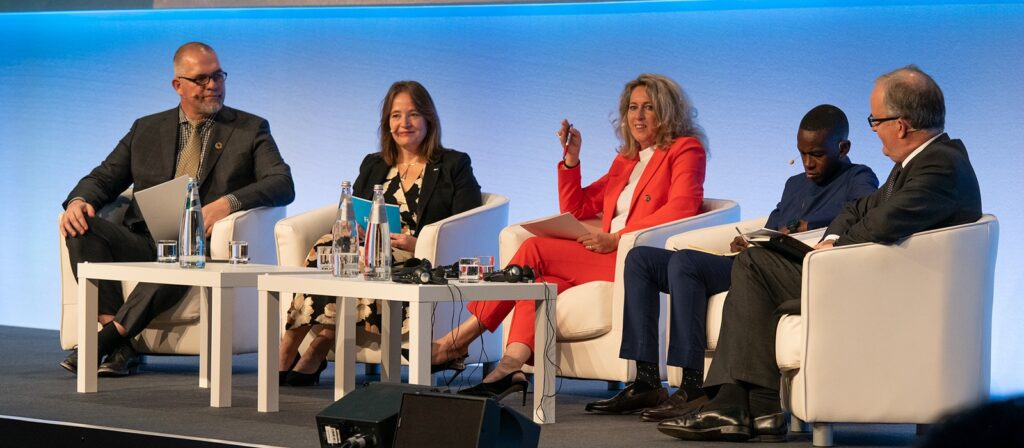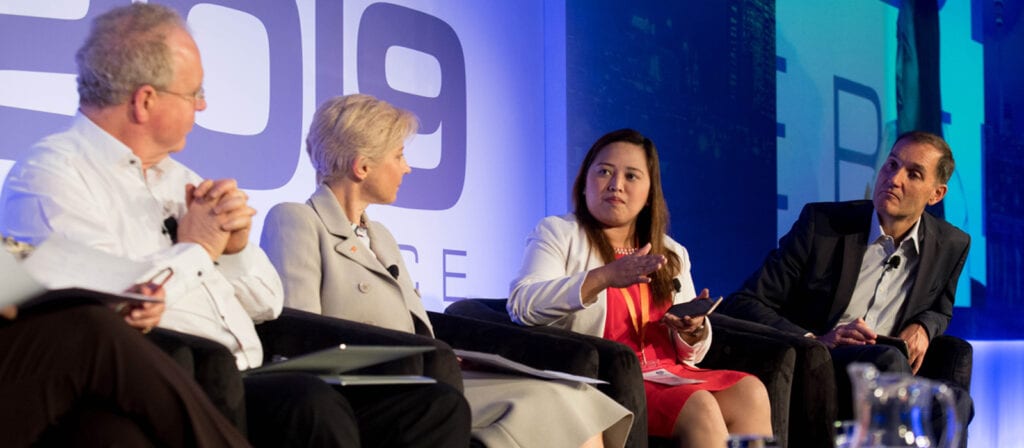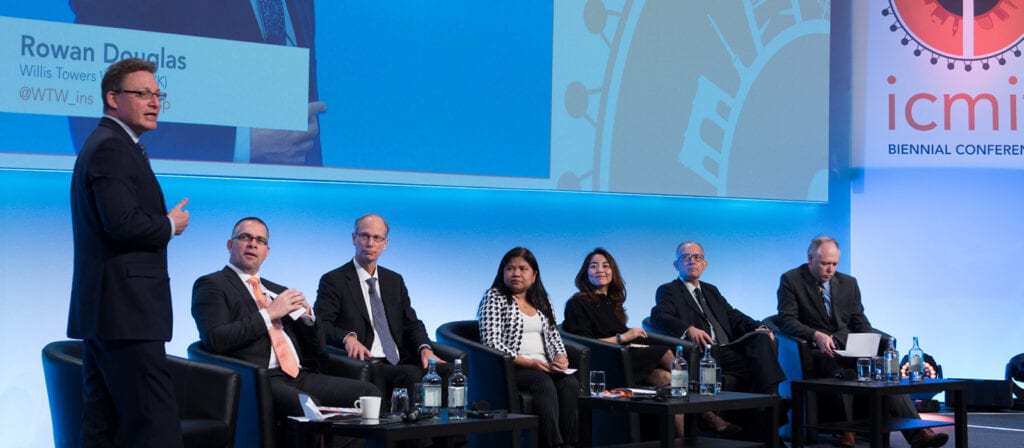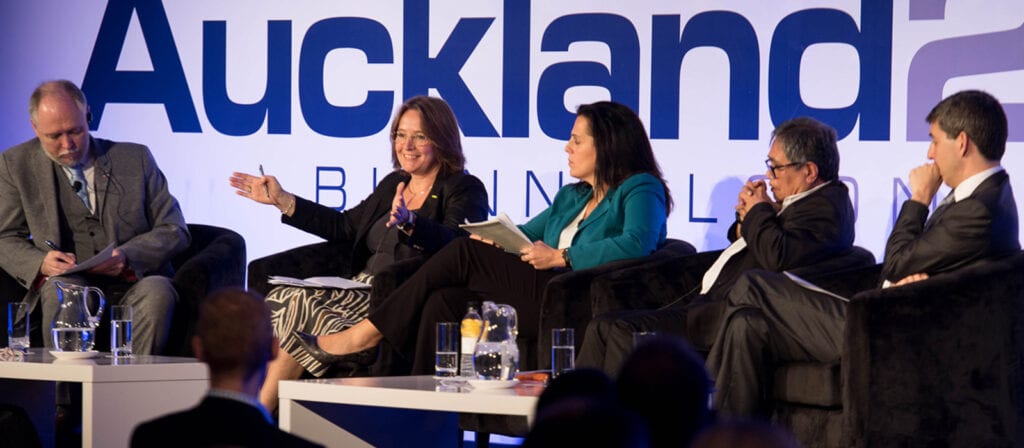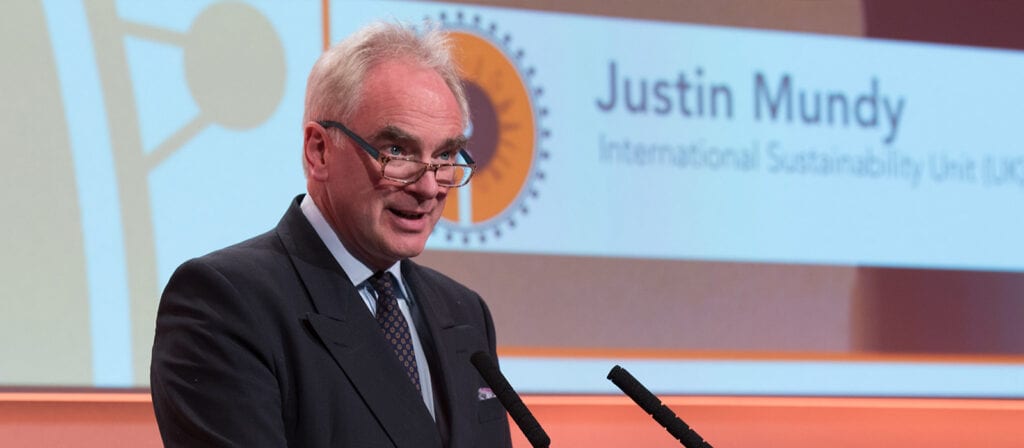Over the previous two decades, disasters have resulted in 1.35 million lost lives and USD 2.5 trillion of economic losses, according to the United Nations Office for Disaster Risk Reduction (UNISDR), the UN agency that deals with reducing disaster risk. It has been estimated that economic losses will grow to USD 300 billion annually. However, Robert Glasser, head of the UNISDR, believes this could be a vast underestimate because of missing data. Each year, 26 million people fall into poverty due to disasters, with a disproportionate impact on less developed economies. The 2015 Sendai Framework is an agreement for the international community to work towards reducing disaster risk, and references the particular role played by insurers.
The UNISDR works with governments, the G20 and G7, the private sector, science and technology, and gathers and analyses disaster-related data. It also provides information for companies to embed sustainability, from understanding risk to investing appropriately. The main role of insurance is to reduce the protection gap (insured losses account for less than 2% of total economic losses in lower income countries) and to develop innovative products that include incentives to reduce risk.
Associations might have some easy-win opportunities to demonstrate their sector’s corporate responsibility by collecting and disseminating information. There would also be a huge public interest for UNISDR to work with the insurance industry in order to have more complete risk data and for risk modelling.
The Insurance Development Forum (IDF) is a unique public-private partnership which brings together leaders of the (re)insurance industry, including cooperatives/mutuals, with science and policymakers. Chair of the IDF, Stephen Catlin, perceives a fundamental problem – that the insurance industry has never properly explained the value proposition of insurance and, in particular, its societal value to the outside world. When a disaster happens, insurance reduces the resulting deprivation, increases economic recovery, and lowers costs to tax payers. But the percentage of insured losses is reducing, suggesting there is still a lack of understanding about the value of insurance.
Geopolitical uncertainty and protectionist attitudes have led to the emergence of restrictive barriers, in both developed and developing countries, which reduce reinsurers’ possibilities to diversify risk globally and therefore their ability to take on large exposures. Inga Beale, CEO of Lloyd’s of London, see that key emerging trends present both risks and opportunities. They include: the shift of economic power to emerging economies; technology that changes the insurance business model and consumer behaviours; the emergence of cyber risk; and the growing protection gap in both emerging and advanced economies. Also, the insurance industry needs to respond to climate change by jointly providing a disaster risk capital facility.
Mutuals have a unique message, that they work for the people, but they need to share it in language that resonates and engenders trust. The insurance industry does not suffer from the tarnished reputation of the banking sector, but it needs to get past the ambition of generating profit above all else.
Hilde Vernaillen, chair of ICMIF, considers the responsibilities of cooperative/mutual insurers and the role ICMIF plays through the 5-5-5 Mutual Microinsurance Strategy, its network which connects mutuals from all over the world, its leadership development programs, and its work to open up new markets to the cooperative/mutual business model.
The global sustainability challenge is an issue for cooperatives/mutuals of all sizes. We should be incorporating sustainability in products and risk management, and providing access to insurance to as many as possible. The sector is doing well in contributing to sustainability, even if it is just starting out, but we can do more through partnerships with other trusted associations and businesses.
Jean-Louis Davet, Chief Executive of VYV Group (France), believes we will have to move towards providing more prevention and services, and away from cure and repair. Technology and data can help do that, as well as connect all the parts of the organisation. As mutuals enjoy higher levels of customer trust, they need to consider how can they move along the continuum from offering personalised service based on personal data to ensuring privacy is maintained. GDPR is not a threat; it could even be a differentiating factor for mutuals. Data regulation can re-shape the sector quickly, so we need to innovate and influence.
Monique Leroux, President of the International Cooperative Alliance (ICA), notes that demographic change creates both opportunities and risks for insurers. On the other hand, there is an implosion of trust in governments, businesses and NGOs; insurers must protect the trust that the customer places in them, especially at the moment of truth when a claim is made. Technology will help insurers offer new solutions, and thus move from protection to prevention.
There are significant opportunities for cooperation between cooperatives – “coopetition” – including across industries, because they have shared values. Good progress has been made in raising the profile of the cooperative sector at the B20/ G20 level, with support from ICMIF, and ensuring the cooperative/mutual model is now recognised as one that can help build resilience. The ICA has been discussing the potential to develop a global cooperative platform using innovative technology. It can be difficult, because we look at our own markets and communities, but need to bring in the global perspective.
Session panellists:
- Hilde Vernaillen, Chair, ICMIF and Chair of the Management Committee, P&V Group (Belgium)
- Monique F. Leroux, President, International Co-operative Alliance (ICA)
- Jean-Louis Davet, Chief Executive, Groupe VYV (France)
- Stephen Catlin, Chair, Insurance Development Forum (IDF)
- Dame Inga Beale, CEO, Lloyd’s of London (UK)
- Robert Glasser, Special Representative of the Secretary-General (SRSG) for Disaster Risk Reduction, UN Office for Disaster Risk Reduction (UNISDR)
- Shaun Tarbuck, Chief Executive, ICMIF, moderator
